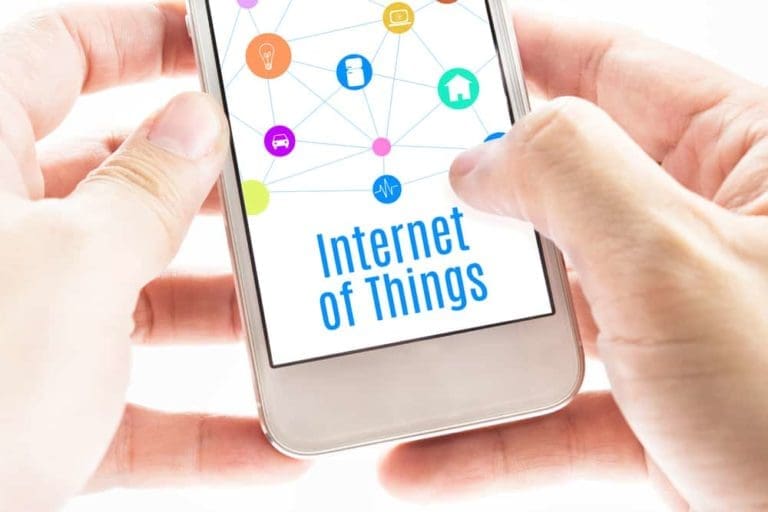The concept of smart cities has become more prevalent over the last decade as more cities around the world adopt the Internet of Things (IoT) to increase operational efficiency, share information and improve both infrastructure and the safety and quality of life of citizens.
“While South African cities may not be as prepared as their global counterparts to adopt IoT into the running of municipalities, the private sector is more than ready to embrace smart city technology into their businesses,” says Rodney Taylor, Managing Director of Guardian Eye.
While many may think that smart city technology is all about connectivity, in reality, connectivity is the foundation upon which a myriad of solutions are possible. “Smart city technology is so much more than having high-speed wireless connections, or prepaid utilities. Adopting IoT can reinvent business practices, replace and upgrade systems and operations to reduce cost, time, safety concerns and efficiencies for your business, your staff and your customers,” Taylor says.
IoT is the connected intelligence that delivers value to those that truly tap into its potential. Taylor says that adopting and innovating with IoT solutions can significantly contribute to creating safer work environments, improving wellness, and fostering a culture of continuous improvement in safety practices.
“The strategic integration of IoT not only transforms the way businesses operate but also contributes significantly to bettering and adding value to our communities and cities,” he says.W


en it comes to healthcare, for example, locally and abroad, telemedicine is providing organisations with a solution that bypasses many of the challenges faced by their employees regarding their healthcare and wellness requirements.
Given the positive feedback already being experienced through various solutions, healthcare is expected to develop faster than most other sectors, when it comes to the use of IoT.
Public safety is another key capability of smart city technology that can have an immense impact on a business, with connected devices creating more secure workplaces. Whether it be cameras and IoT sensors, intelligent guarding, real time monitoring and managing alarm and security systems or biometric access control, the potential of IoT to enhance both public and private safety of citizens is virtually endless. This includes those working in high-risk sectors, such as heavy manufacturing, mining, and housing or construction, where real time monitoring through trackers and sensors can greatly increase workplace safety.
“IoT devices and platforms aren’t complicated, they’re accessible to anyone in any part of the country, and once people realise this, businesses really can be transformed,” says Taylor.
Business Insider forecasts that the quantity of IoT devices employed in various industries globally is estimated to reach a staggering 55 billion by 2025. This is an increase from about nine billion in 2017.
Furthermore, according to Statista, the projected global spend on IoT until 2023 is $1.1 trillion with an anticipated global revenue of $621 billion by 2030.
The adoption of IOT in South Africa continues to gain ground as more businesses realise its affordable and available capabilities, especially when merged with, and is enhanced by, other existing technologies and solutions.
“While we live in hope that municipalities and cities locally will be able to adopt more smart city technology to improve our infrastructure, safety and wellness in years to come, the time really is now for more South African businesses to lead the way in making our workplaces, communities and cities smarter and safer,” Taylor says. “As we enter 2024, why not incorporate some of these changes into the way you run your organisation, and bring more smart city technology into your business”.
